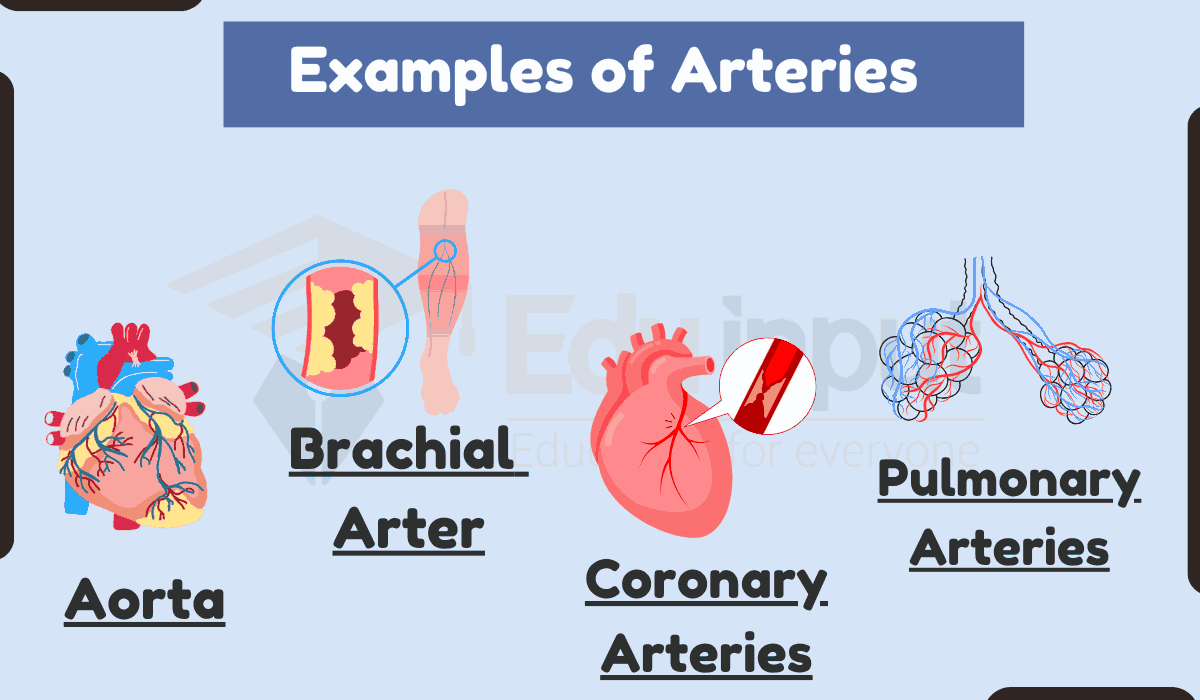10 Biological Compounds That Make up Your Body
Compounds that are present in living organism’s body are known as organic compounds. Carbohydrates, Proteins, Enzymes, and Lipids are few examples of organic compounds.
Examples of Compounds Found in Living Organisms
Here are few examples od compounds in Biology:
1. Carbohydrates
Carbohydrates are examples of one of the most abundant organic chemical compounds in the body of living organisms. Carbohydrates are the body’s main source of energy.
They are made up of carbon, hydrogen, and oxygen atoms.
Examples of carbohydrates include sugars, starches, and cellulose.
2. Lipids
Lipids are another example of organic compounds. Lipids are a group of molecules that include fats, oils, and waxes. They are involved in energy storage, body insulation, and protecting organs.
3. Proteins
Proteins are one of the most important example of organic compounds. They play important role in building and repairing tissues, making enzymes, and transporting molecules.
They are made up of amino acids, which are linked together by peptide bonds.
4. Nucleic acids
Nucleic acids are also an example of organic compounds. They store genetic information. They are made up of nucleotides, which are composed of a sugar, a phosphate group, and a nitrogenous base.
5. Vitamins
Vitamins are nutrients that body cannot produce on its own. They are needed for a variety of functions, including energy production, cell growth, and immune function.
6. Minerals
Minerals are inorganic elements that are essential for the body. They are needed for a variety of functions, including bone health, blood clotting, and nerve function.
7. Hormones
Hormones are organic compounds that are produced by glands in body. They travel through the bloodstream and regulate a variety of functions, including growth, metabolism, and reproduction.
8. Enzymes
Enzymes are proteins that speed up chemical reactions in the body. They are essential for digestion, metabolism, and cell signaling.
9. Alkaloids
Alkaloids are a class of nitrogen-containing organic compounds that are found in plants. They have a variety of effects on the body, including stimulating the central nervous system, relieving pain, and killing bacteria.
10. Terpenoids
Terpenoids are an example of organic compounds that are made up of isoprene units. They are found in a variety of plants and animals and have a variety of functions, including fragrance, flavor, and protection from ultraviolet radiation.





Leave a Reply